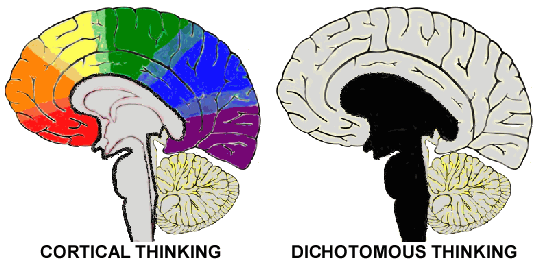Beyond the obvious tragedy of loosing a father of three who was also an extremely talented contributor to the beauty of our world, there is the added tragedy that Michael Jackson’s death did not spark the debate over what really killed him. There is a growing trend in the medical profession towards favoring patient satisfaction over appropriate medical care. Whether it is antibiotics for colds, or useless cough medicines, or narcotics for simple injuries, the business end of medicine can often leave physicians feeling trapped. This is a particularly big problem in large for-profit hospitals where the bean counters chanting Press Ganey (a patient satisfaction scoring system) almost out number the actual health care workers. The details of the case are of interest and it is hard to defend the use of propofol in a private setting, but how much good will actually come from punishing Conrad Murray? Will the next private doctor of a superstar be sure to have the proper equipment available?
Yankel Rosenberg (mid 80s VIP patient, Brooklyn, NY) was probably happy to be spared the indignantly of being completely undressed while in the ER, especially when the mayor came to visit him. We can only assume that he remained satisfied right up until the point that he died of the stab wound no one saw. Like Michael Jackson, it was the special treatment that killed him. To a lesser degree, the same thing is happening throughout the country.
Whenever a systemic problem comes to a head in such an attention grabbing way as this, it would be good if our media outlets could take advantage of this and open the debate. Unfortunately this is not a simple good-guy bad-guy issue. Given the growing costs of health care, it seems only natural that the customer walk away “satisfied.” The goal of the medical community is to decrease (not increase) the probability of bad outcome. There are times when this conflicts with patient satisfaction. In the case of people with substance abuse problems, dissatisfaction is actually the treatment. As always, I do not blame the corporate media. Their goal is to make money for the parent company by giving the public what it wants. Unfortunately no one wants to be told that medical care is anything other than a way to make the customer happy. More complex issues are no fun. As long as the public values the entertainment aspects over substance, opportunities such as the one created by this tragedy will continue to be missed.
